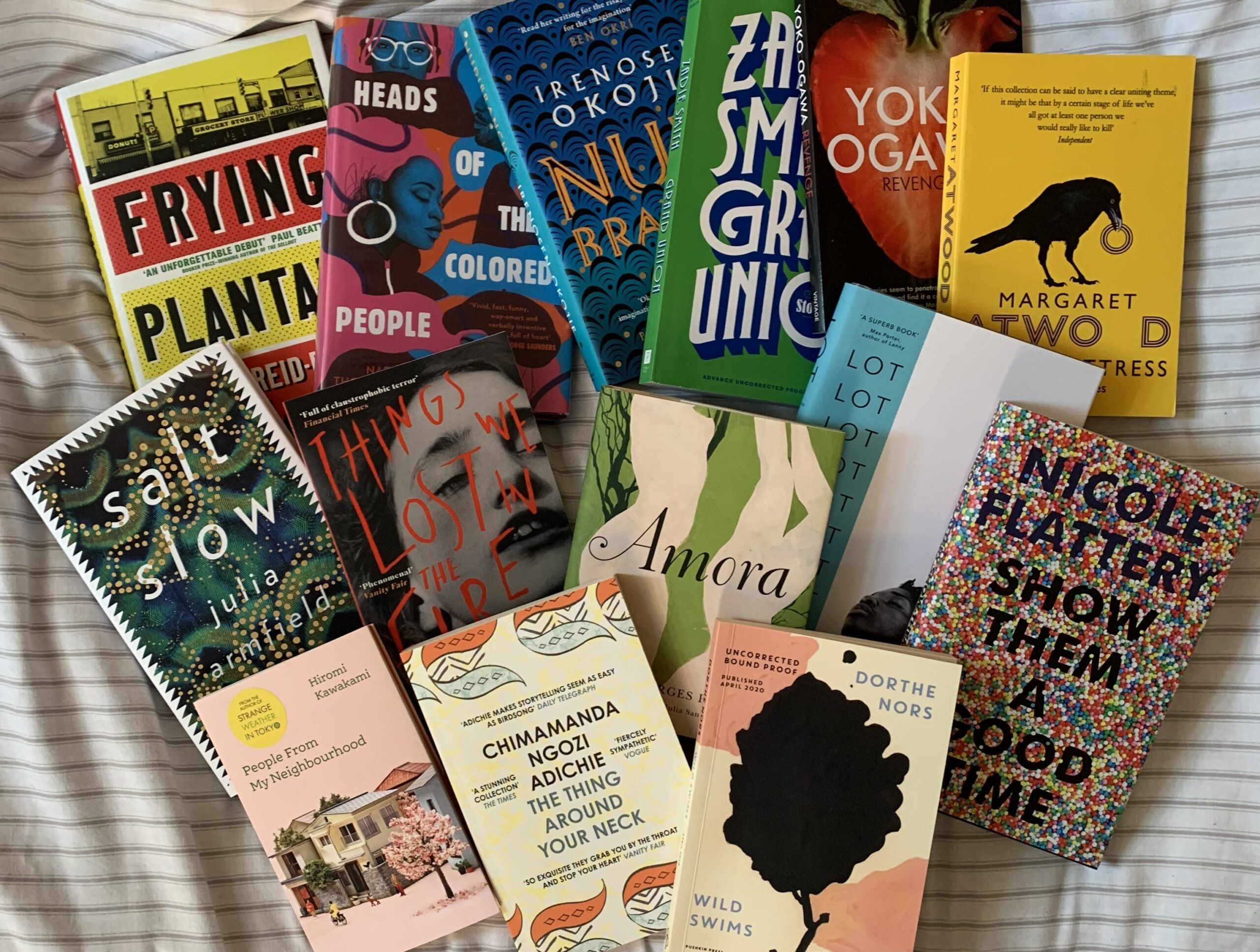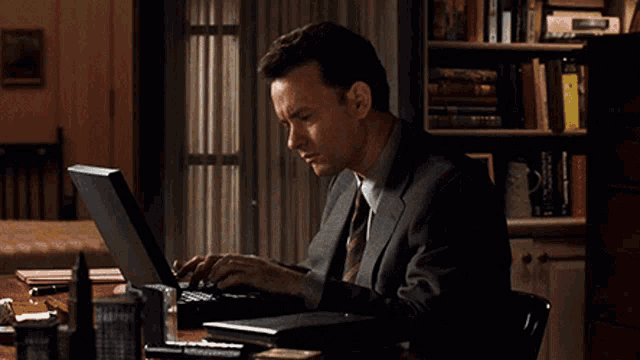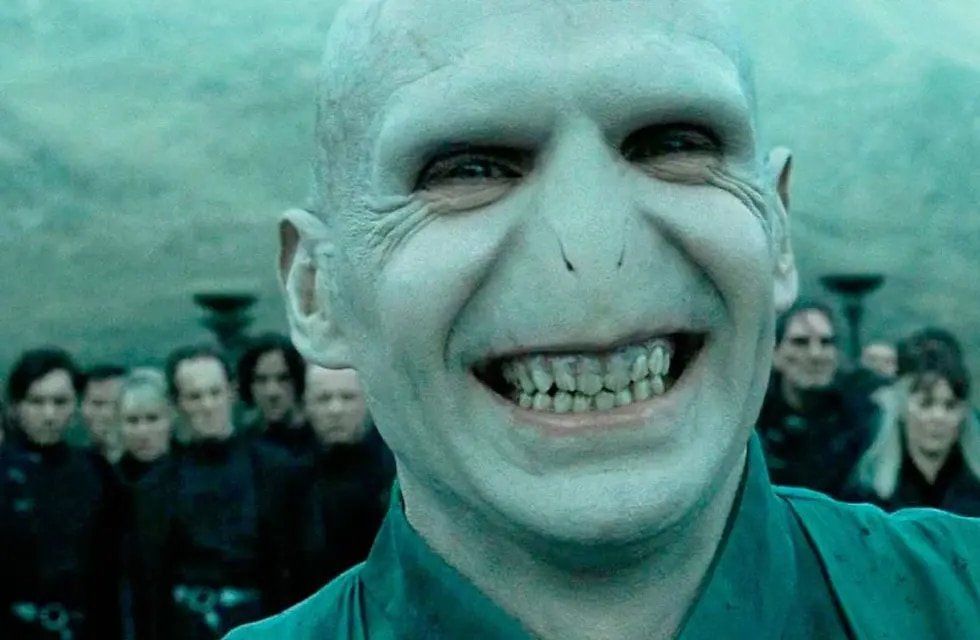When you’re learning to write in school, they teach you things like plot, character development, and writing style. Sometimes, these things come pretty easily. Sometimes they don’t. When they don’t, and you grow up and try to write a novel, you find yourself with a major case of writer’s block. How do you foreshadow? How do you pace? How do you develop a character without info-dumping all over the place? One of the easiest things I’ve found to help with building these skills is writing – and reading - short stories.
With short stories, you have a limited amount of space to detail everything in the story. You can’t spend six pages describing a character’s backstory, because by then you may be a third of the way through the story. You have to learn how to drop bits of the character’s backstory throughout the narrative instead of dumping it all on the reader at once. You have to learn how to introduce the reader to your characters as if they were meeting them for real; you don’t find out everything about a person by talking to them for five minutes (unless you’re having one of the strangest conversations you’ve ever had.) You learn about them slowly.
Short stories are also great for helping develop plot and pacing. Because the story is so short, you don’t have to try and pace plot points out over the course of 300 pages. You only have to do it in 20. This allows the writer to focus on the important parts of a story, only telling the reader what they need to know in order to move the story along.
Reading short stories is just as important as writing them if you want to try and develop your writing. Every piece of writing advice ever will tell you that you need to read to become a better writer. I think that sometimes short stories are even better than novels to help develop your skills. (Disclaimer: this is not always true, but bear with me here.) Just as with writing short stories, reading them can help you get a feel for pacing and plot development. You can see how the writers weave together complete characters in such small spaces.
A good way to think about short stories is to view them as snapshots of what a writer can do. You get a brief taste of that writer’s abilities and style. If you don’t like their style, you can move on to another story. The same thing happens when you write a short story. You can get a snapshot of your own abilities, start to get a feel for what you’re good at. If you don’t like where a story is going, or you need to change up your style, it’s fairly easy to revise and change things up – much easier than when you’re 160 pages into a novel and realize you hate everything about it (true story).
In the end, you need to write whatever you want whenever you can. You need to practice every day and work at your craft. So the next time you sit down to do just that, consider writing a short story. You’ll be amazed at what you can do.
- 10 Short Stories That Will Make You A Better Person ›
- 5 Short Stories That Will Make Non-Readers Love Reading ›
- Short Stories On Odyssey: Freshman At A Frat Party ›
- None ›



















